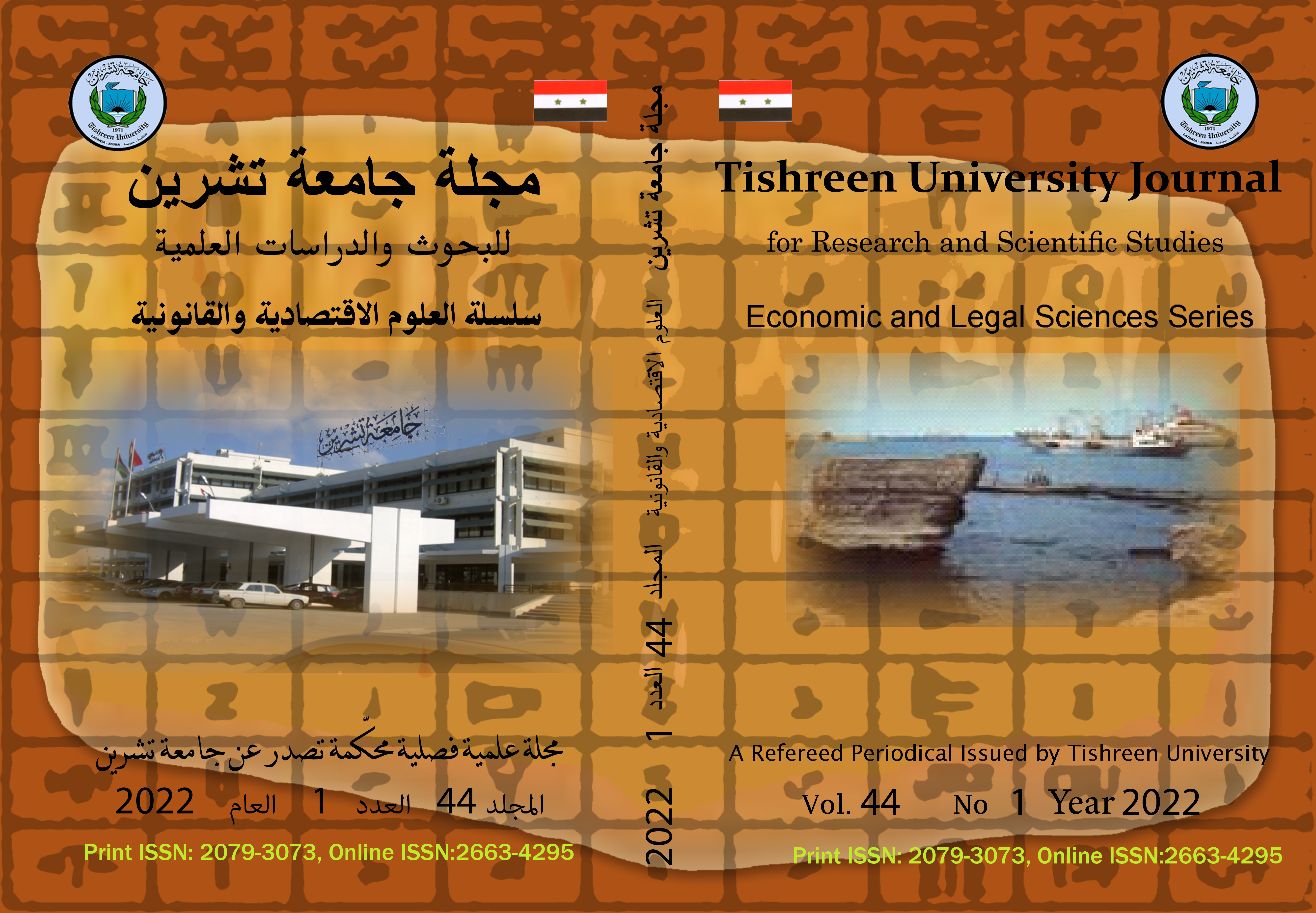The Right Of Hot Pursuit At Sea Between Legal Text And Practical Reality
Abstract
The right of hot pursuit at sea is one of the mechanisms that enable the coastal state to enforce its laws in the water areas that are subject to its sovereignty or jurisdiction in a manner that ensures the proper application of these laws by ships of other countries, but whoever has the right should not abuse it, the practice of hot pursuit is restricted by controls And conditions for the coastal state to observe out of respect for the international conventions that balance the right of the coastal state with the freedoms of other countries, but the practical reality raises many challenges facing the right of hot pursuit caused by the emerging international conditions and the growing human needs for more resources provided by the seas.
Downloads
Published
How to Cite
Issue
Section
License

This work is licensed under a Creative Commons Attribution-NonCommercial-ShareAlike 4.0 International License.
-
The authors retain the copyright and grant the right to publish in the magazine for the first time with the transfer of the commercial right to Tishreen University Journal of Research and Scientific Studies - Economic and Legal Sciences
Under a CC BY- NC-SA 04 license that allows others to share the work with of the work's authorship and initial publication in this journal. Authors can use a copy of their articles in their scientific activity, and on their scientific websites, provided that the place of publication is indicted in Tishreen University Journal of Research and Scientific Studies - Economic and Legal Sciences . The Readers have the right to send, print and subscribe to the initial version of the article, and the title of Tishreen University Journal of Research and Scientific Studies - Economic and Legal Sciences Publisher
-
journal uses a CC BY-NC-SA license which mean
You are free to:
- Share — copy and redistribute the material in any medium or format
- Adapt — remix, transform, and build upon the material
- The licensor cannot revoke these freedoms as long as you follow the license terms.
-
Attribution — You must give appropriate credit, provide a link to the license, and indicate if changes were made. You may do so in any reasonable manner, but not in any way that suggests the licensor endorses you or your use.
-
NonCommercial — You may not use the material for commercial purposes.
-
ShareAlike — If you remix, transform, or build upon the material, you must distribute your contributions under the same license as the original.
- No additional restrictions — You may not apply legal terms or technological measures that legally restrict others from doing anything the license permits.

